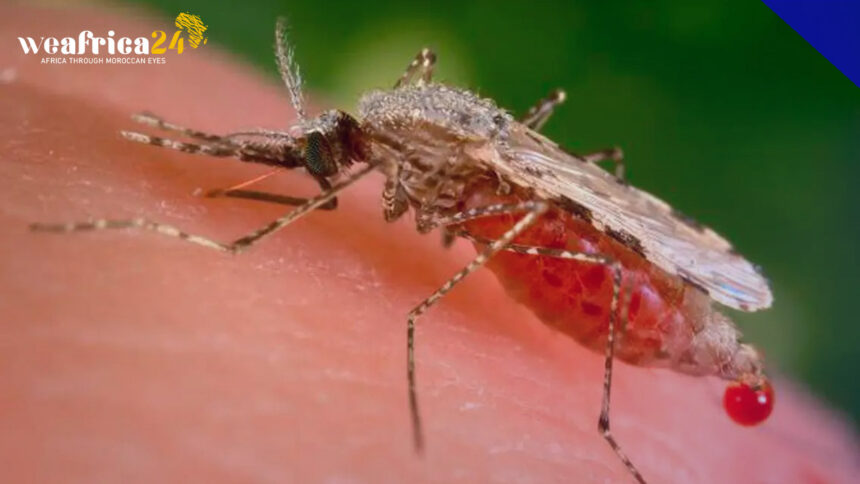Madagascar is home to 235 known species of mosquitoes, with only five of them being malaria vectors. Despite their small number, these mosquitoes continue to infect humans at an alarming rate. Over the past eight years, the island has witnessed a 40% increase in malaria cases.
In response, a team of researchers from the Pasteur Institute and the IRD (Institut de Recherche pour le Développement) is dedicated to studying these disease-carrying mosquitoes. Recently, some of these experts shared insights during a conference organized by the IRD and the French Institute of Madagascar on the weekend of February 17th.
Is the mosquito humanity’s number one enemy? Perhaps so, considering that over 600,000 people die from malaria worldwide each year. However, Dr. Luciano Tantely, an entomologist at the Pasteur Institute, argues that attempting to eradicate them would be a mistake, as they play crucial roles in our ecosystem. He explains, “If they disappear, it will disrupt the food chain for bats and dragonflies, for example.
Additionally, they function similarly to bees: they also serve as pollinators for plants and flowers. Furthermore, they contribute to water purification by consuming small organisms and filtering water. This is why eliminating them is not the solution; we must control them.”
Establishing a National Control Strategy
To effectively control mosquitoes, it is imperative to study them thoroughly and understand why malaria cases have surged since 2015. Dr. Diego Ayala, head of the medical entomology unit at the Pasteur Institute of Madagascar, emphasizes the importance of comprehending transmission cycles and species behavior. He states, “A 40% increase is a significant threat. We are striving to understand the reasons behind this surge and the dynamics of transmission. We aim to identify which species are responsible, their geographical distribution, biting habits (day or night), potential migration patterns, and their ability to adapt. Concurrently, we will investigate the emergence of insecticide resistance.”
In the battle against malaria, knowledge is key. By delving into the intricacies of mosquito behavior and genetics, researchers in Madagascar are paving the way for more effective control strategies, ultimately aiming to mitigate the impact of this deadly disease on the island’s population.







